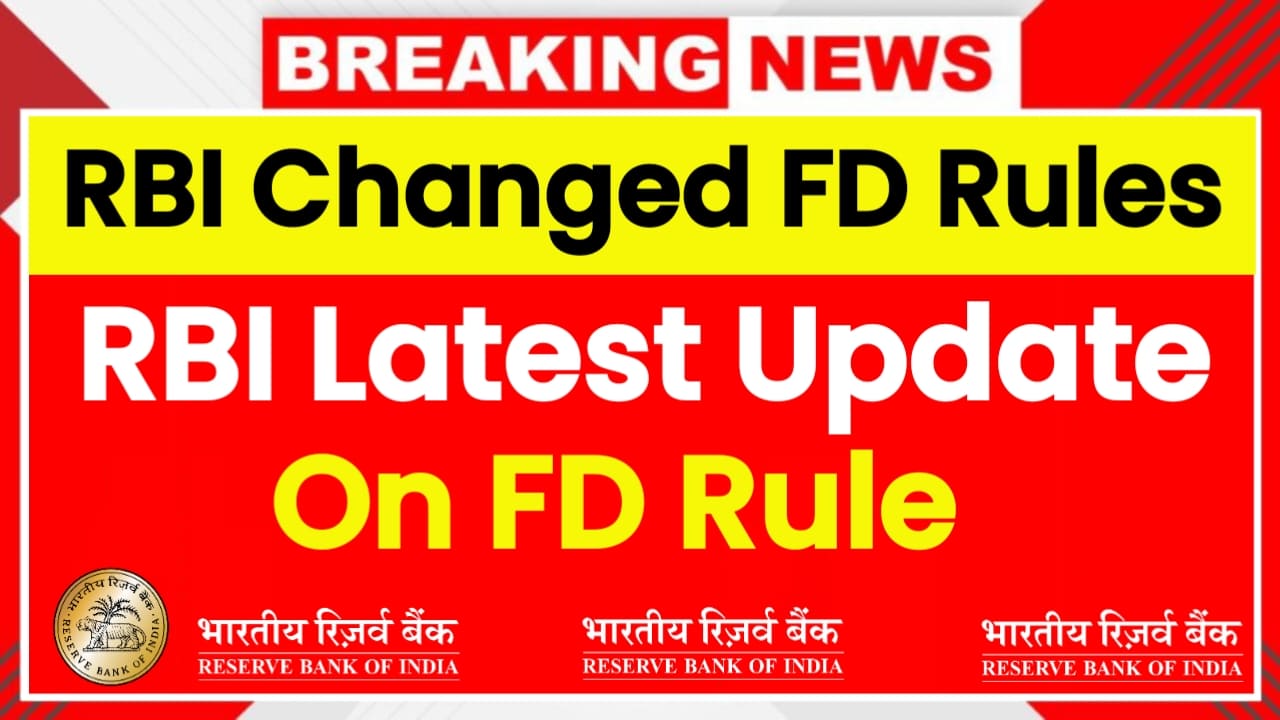The Reserve Bank of India (RBI) has recently made significant changes to Fixed Deposit (FD) withdrawal rules, bringing relief to investors. If you have an FD account in any bank, this update is crucial for you.
Key Changes in RBI FD Rules
Fixed Deposits are one of the safest investment options, offering guaranteed returns. However, RBI has now revised the premature withdrawal rule, making it more flexible for investors.
New Premature Withdrawal Rule for Fixed Deposits
Earlier, banks allowed premature withdrawal of Fixed Deposits only up to ₹15 lakh. However, under the new RBI directive, this limit has been increased to ₹1 crore. This means investors can now withdraw their FD funds before maturity if they need urgent money.
This change applies to all banks, including commercial and cooperative banks. It also extends to NRE (Non-Resident External) and NRO (Non-Resident Ordinary) deposits, ensuring greater flexibility for account holders.
Types of Fixed Deposits Offered by Banks
Banks provide two main types of Fixed Deposits:
- Callable FD:
- Investors can withdraw money before maturity if needed.
- A penalty may be charged for early withdrawal.
- Non-Callable FD:
- Premature withdrawal is not allowed before maturity.
- These FDs offer higher interest rates than Callable FDs.
Impact of the New FD Rules
Greater Flexibility: Investors can now withdraw amounts up to ₹1 crore before maturity, providing financial security during emergencies.
Higher Interest Rates: Since May 2022, RBI has increased interest rates, prompting banks to offer attractive FD rates.
More Liquidity for Depositors: Even those holding NRE/NRO deposits can withdraw funds before maturity, making FDs a more liquid investment option.
Final Thoughts
The RBI’s new FD withdrawal rule ensures that investors have better control over their savings. If you have an FD, check with your bank about the updated policies and maximize your benefits.
For more details, visit the official RBI website or contact your bank directly.

